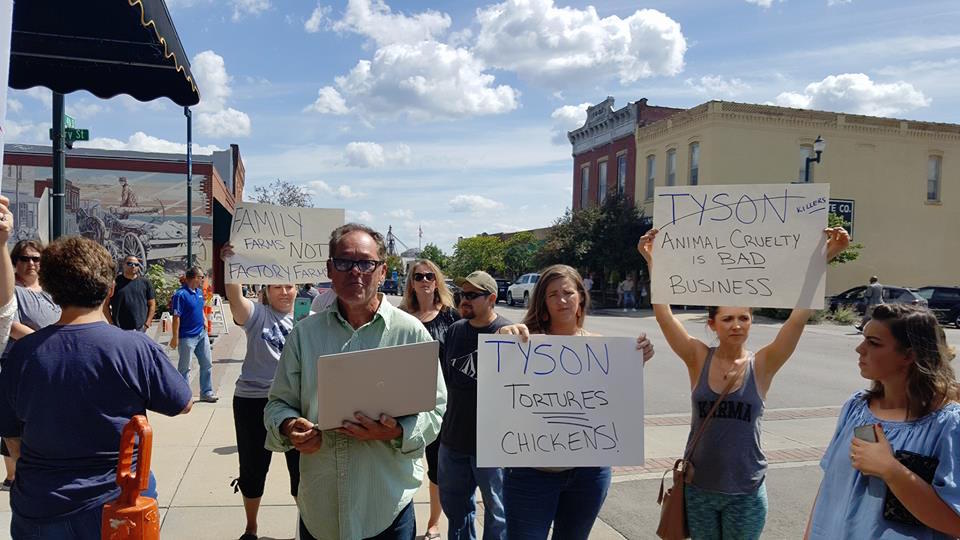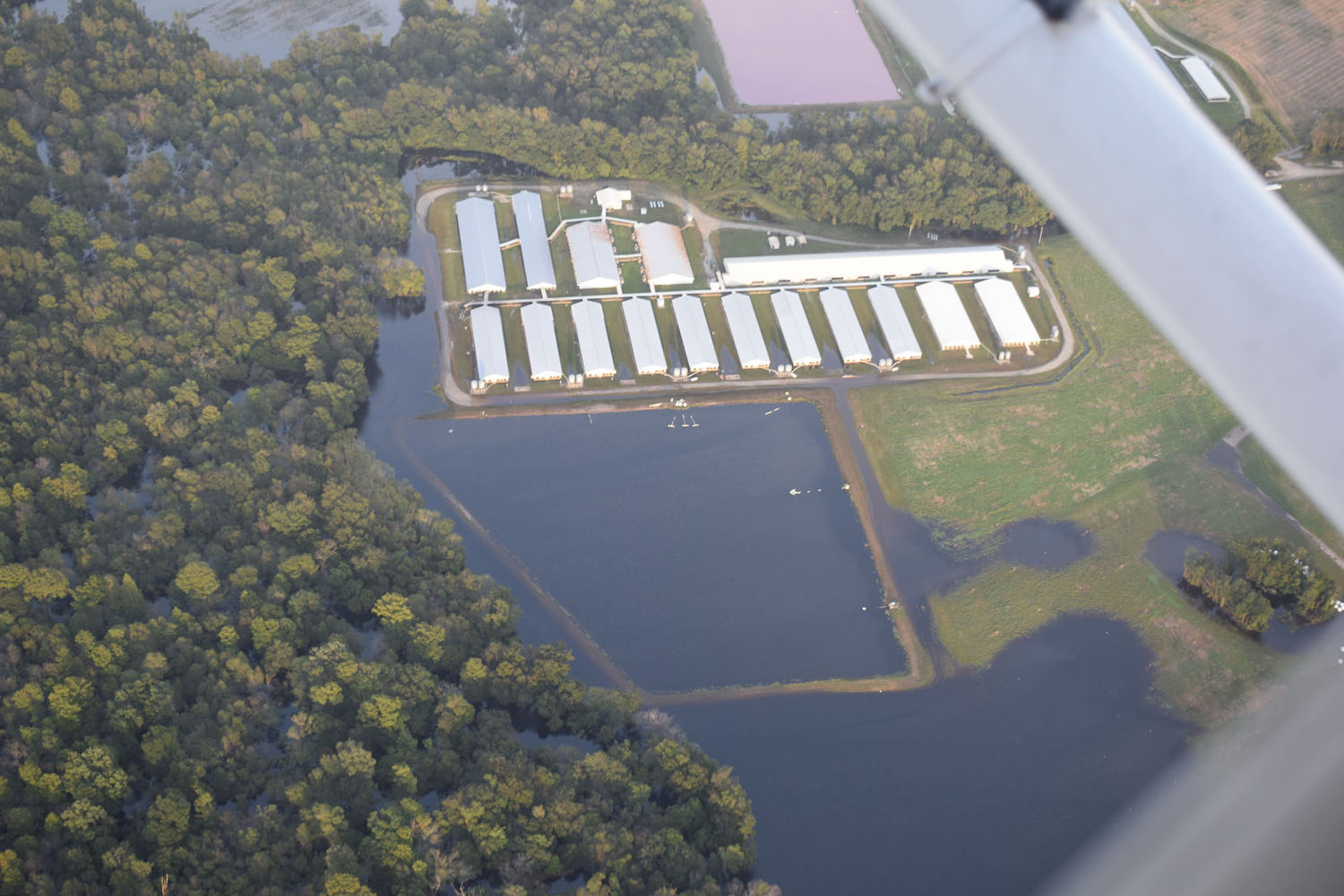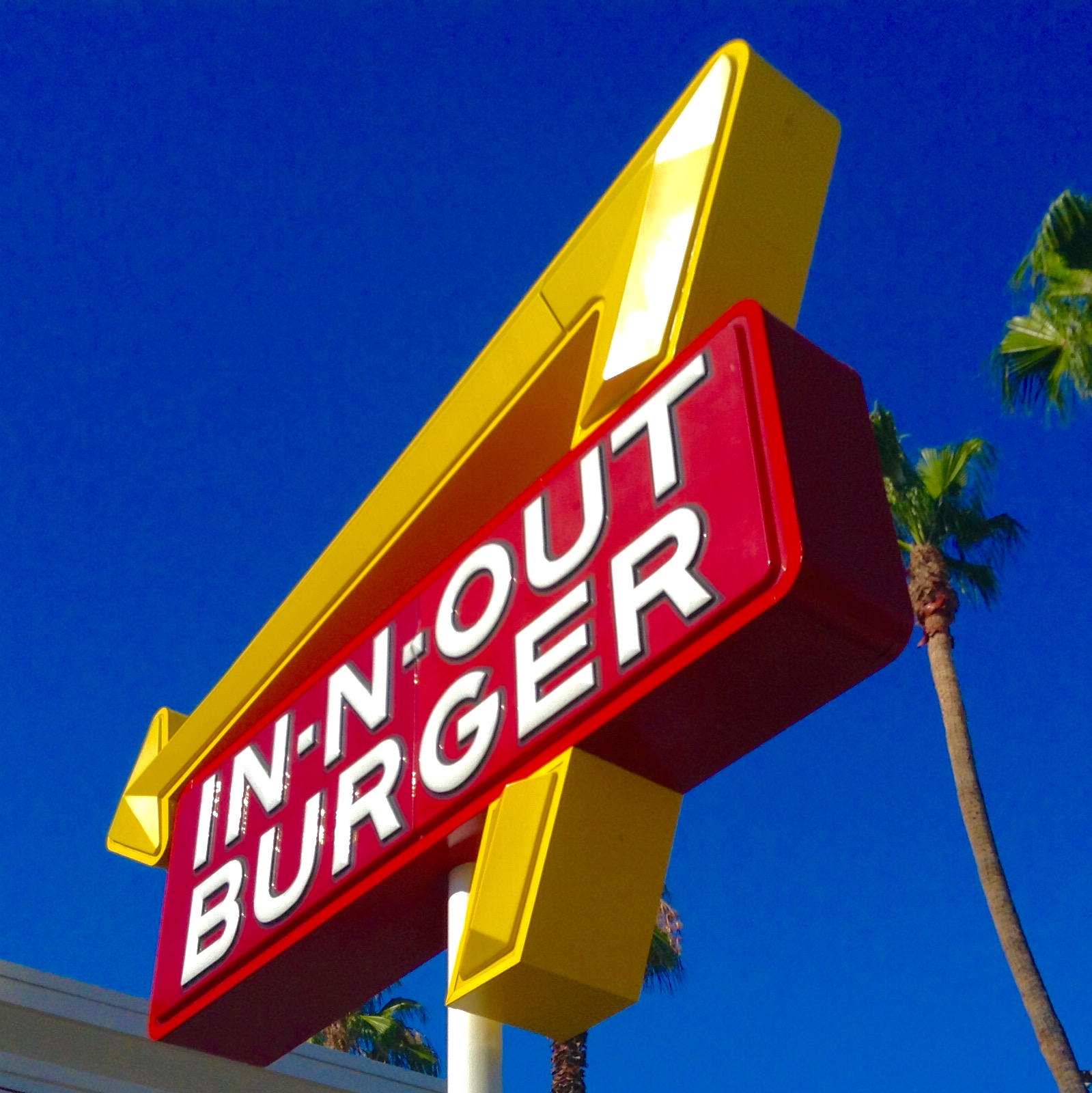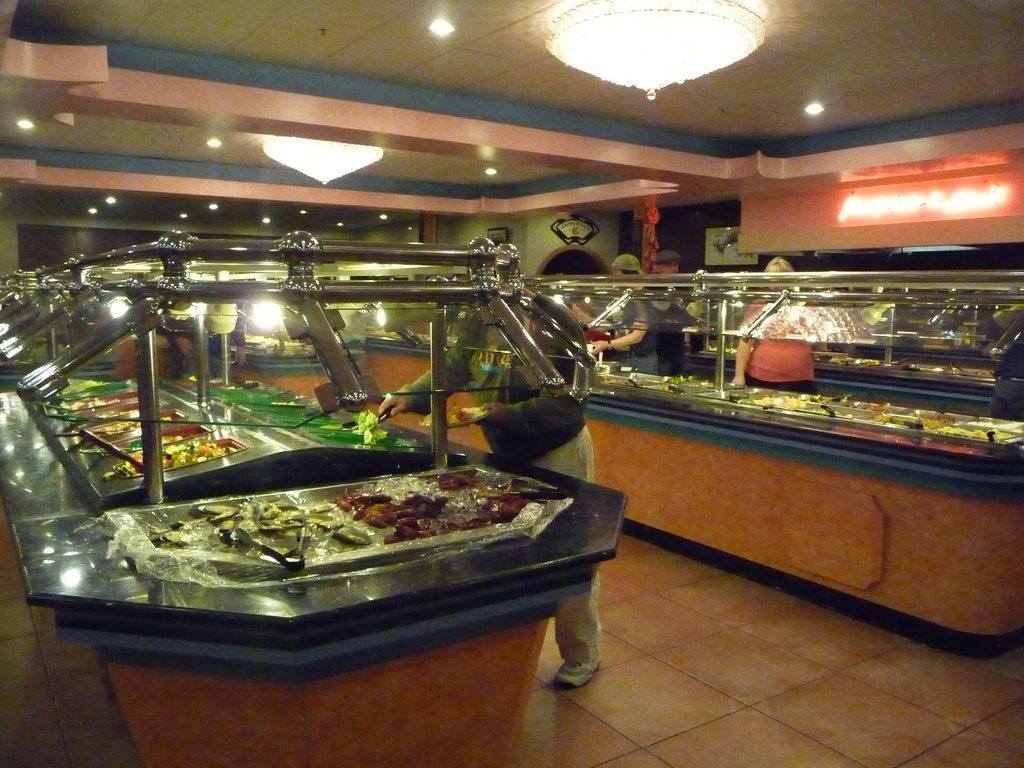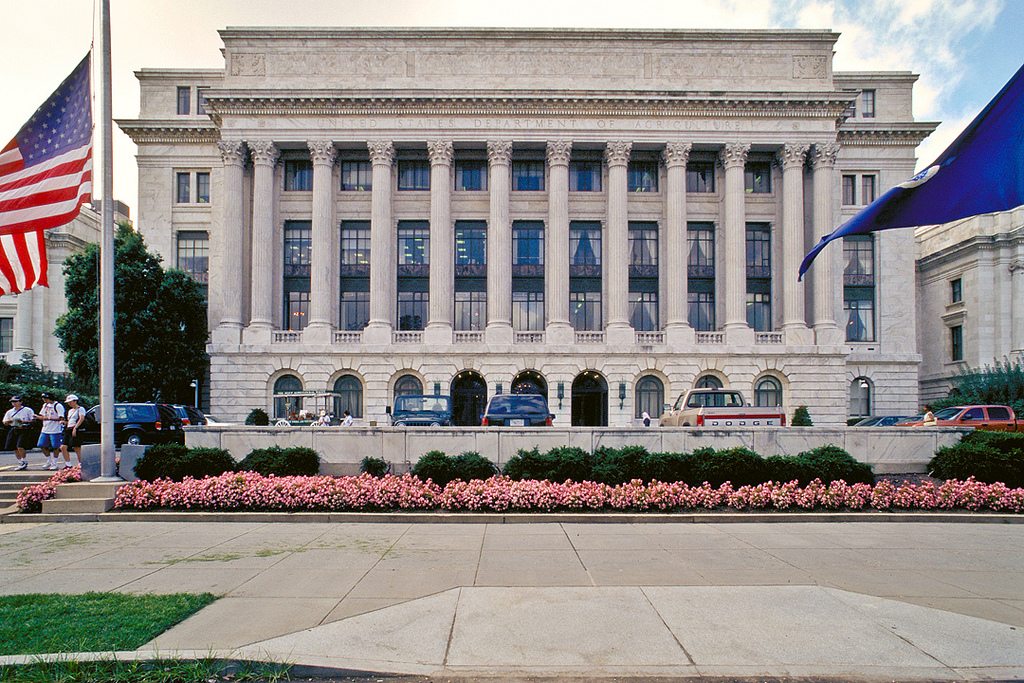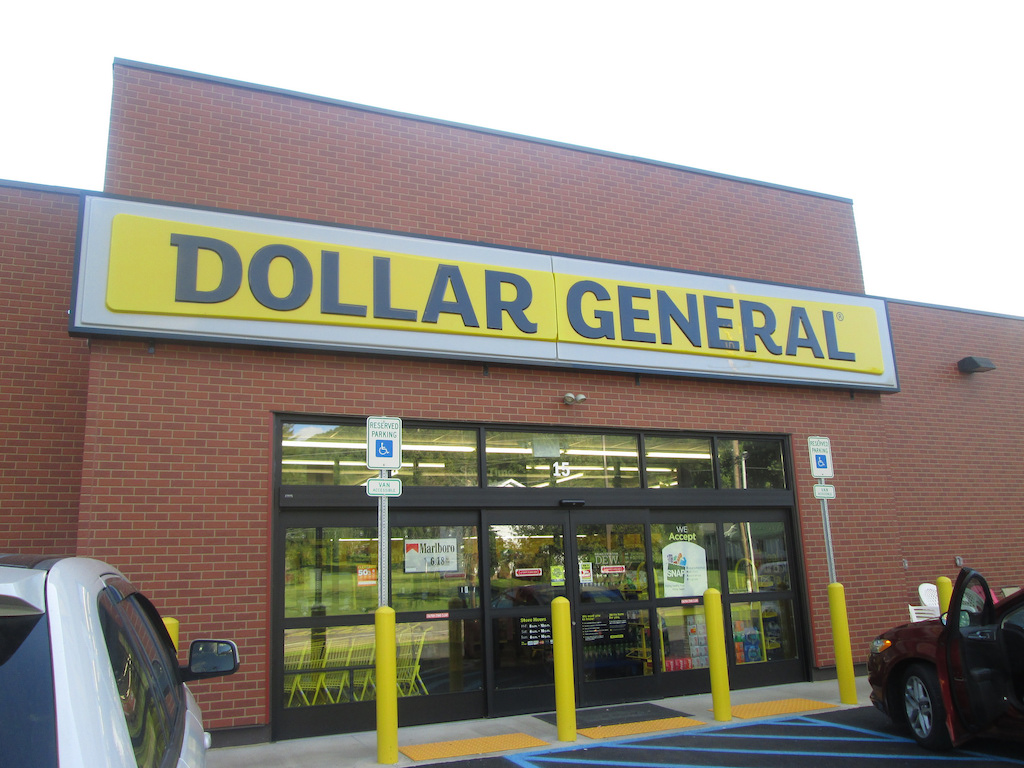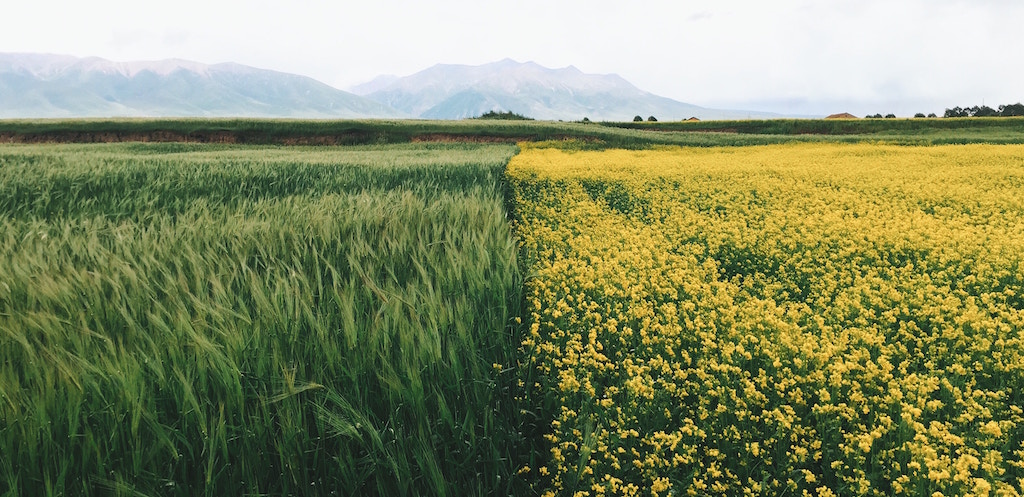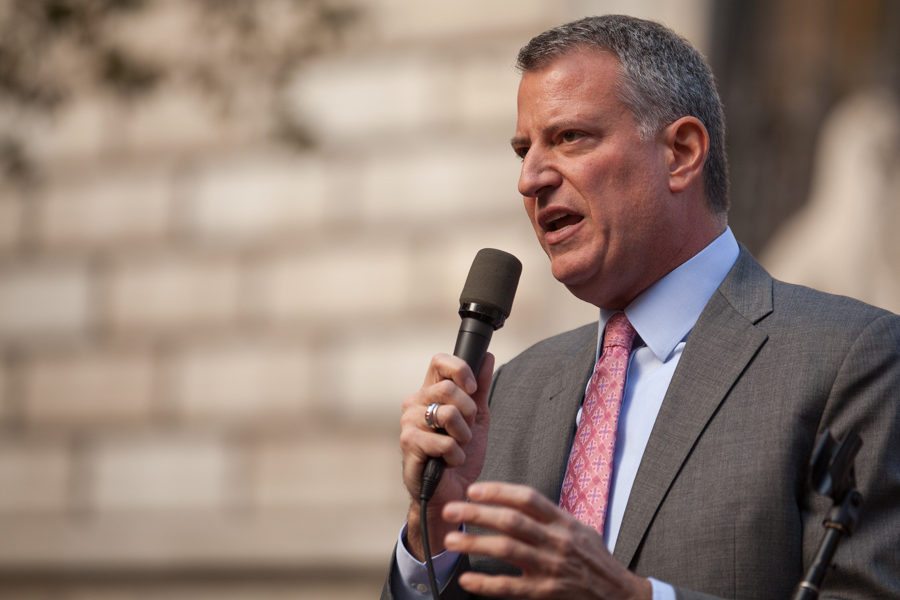On September 5, Kansas’ Republican Governor Sam Brownback, together with poultry processor Tyson Foods, Inc. announced a plan to build a $320 million chicken complex near Tonganoxie, Kansas. The business, they said, would employ about 1,600 people (Tonganoxie’s population barely tops 5,000, according to the community’s website) and contract with nearby Kansas farmers to raise the birds. By mid-2019, the plant would be selling hatchlings and feed to its farmers, buying back the grown chickens, slaughtering the birds, and packaging their meat into neat plastic-wrapped styrofoam containers as ready-to-roast breasts, thighs, and wings. It’d be a perfect circle, pumping out 1.25 million birds per week in a never-ending loop. What could go wrong?
The announcement shocked residents of Tonganoxie and surrounding Leavenworth County. “It was announced as if it was a done deal, and no one in the community had heard anything about this,” says Anne Brockhoff, a freelance journalist who is volunteering her time for Citizens Against Project Sunset (CAPS), a group of people opposed to Tyson’s new complex. “A project of this type has never even been floated.”
City and county officials had signed nondisclosure agreements during initial negotiations with Tyson, a process that is not uncommon when corporations are exploring options for siting new facilities. But Brockhoff says the Leavenworth County Commission also made plans to issue $500 million in industrial revenue bonds—tax-exempt loans issued by a state or local government to finance a private company’s expansion—to Tyson before those plans were made public. As the Topeka Capital-Journal reports, county officials also said at the September 5 announcement that they had committed $7.4 million to extend utilities to the site and the city planned to pay $1.2 million to link sewer lines to the Tyson plant. “They were making decisions [on behalf of taxpayers] while still having to abide by this non-disclosure agreement,” Brockhoff says. “That’s what really took people aback.” She added that even the owners of the land designated for the new facilities were caught by surprise. “The sellers did not know it was Tyson. The land was being purchased under a real estate group.”
The citizens of Tonganoxie and Leavenworth County began organizing immediately. They started a CAPS Facebook page that had swelled to more than 2,000 followers by press time. Three days after the announcement, they flooded the county commissioners’ meeting to voice questions and concerns. An organizational meeting at a nearby park on September 9 drew more than 1,000 people. Environmental lawyer Erin Brockovich, who was made famous by the eponymous movie starring Julia Roberts and grew up about 15 miles from the proposed plant, joined in with a message of support via Facebook, the Kansas City Star reports. And last Friday, an outdoor meeting with local representatives drew an estimated 2,000 attendees.
#NoTysonInTongie
We’re looking at you, Leavenworth Co Commissioners! pic.twitter.com/nnq6m9aLgX— Candy A Liberal (@candyasslib) September 16, 2017
“Of the more than 2,000 people at the meeting last Friday night, it was pretty darn near unanimous,” says Brockhoff, who has lived in the area for a decade. “I’ve never seen this community come together so quickly and so unanimously.”
At those meetings, county residents raised concerns about water contamination and air pollution and voiced health-related anxieties like the possibility of E. coli contamination and increased asthma rates. There are three schools within two miles of the proposed project, and Brockhoff says one nurse expressed concern for the children’s health. People who owned adjacent farmland for generations worried about the effect of the plant on their property value.
In comments to the local media, residents complained that Tyson facilities in other parts of Kansas haven’t lived up to expectations. “What I worry about is you look at communities that have Tyson now, Emporia or Garden City, they’re not prospering,” resident Rhonda Overacker told the Kansas City Star.
Tyson has facilities in six other Kansas towns. During the Tonganoxie announcement, officials said the company paid Kansas cattle suppliers $2 billion and hog suppliers $1.3 billion during the 2016 fiscal year, the Topeka Capital-Journal reports. But the company’s track record on environmental and occupational health issues in Kansas is not exactly spotless: In June, an anhydrous ammonia leak at the Tyson Food plant in South Hutchinson, Kansas injured two workers, according to the Associated Press. One wound up in the hospital. In 2013, Tyson paid a $3.95 million civil penalty for eight incidents of accidental ammonia release that occurred at several facilities between 2006 and 2010. One of those incidents killed a worker. And in 2016 the company received an $85,000 fine from the Occupational Safety and Health Administration for “two repeated, five serious, and one other than serious safety and health violations” at its Holcomb, Kansas facility, local TV station WIBW reports.
Area residents also expressed concerns about the impact an influx of new residents might have on the community. At other Kansas facilities, Tyson has drawn a large portion of its workforce from immigrant communities, the Kansas City Star reports. As of the 2010 census, the town of Tonganoxie was 95 percent white. The Star also reported that immigration and race issues had been mentioned several times in its own comments section, and Republican State Representative Jim Karleskint told the paper that concerns over an inflow of non-English speaking students in the local school system had been voiced to him privately.
But if those concerns were widespread (and there’s not much evidence they were), they were absent from the public rallies, Karleskint told the paper. And Kansas Secretary of Agriculture Jackie McClaskey told the Star that government data indicate an existing local workforce, citing county statistics that showed 37,000 people living within a 30 to 40 minute drive who are looking for jobs in the $10-$15 per hour range. She said pay at the new plant would typically range from $13-$15 per hour.
For now, Tonganoxie’s activist residents have found a foothold. On Monday, the Leavenworth County Commission voted 2-1 to rescind the $500 million in bonds it had offered Tyson. “We won the battle yesterday, but the war is not over,” Brockhoff says. “The commission could come back at any time with a new recommendation or a more specific recommendation. It’s not to say that they are definitely opposed to it. Once the property is purchased it must go through the zoning process. The commission will have the final vote on whatever is recommended.”
In the meantime, Tonganoxie residents are readying for a battle. They’ve registered CAPS as a non-profit. They’re planning to attend county commission meetings, city council meetings, and meetings of the local Water Board. They’re ready to take legal action if it comes to that.
Though it may not: Shortly before press time on Tuesday, Tyson issued an open letter to the residents of Leavenworth County, announcing that “we will put our plans in your community on hold.” Read the letter in its entirety here.
Speaking about the community’s efforts to organize, Brockhoff sounds undeterred: “Sometimes you get a lot of emotion and excitement on Facebook, and you think that’ll just go away,” she says. “But we’re not going anywhere.”
